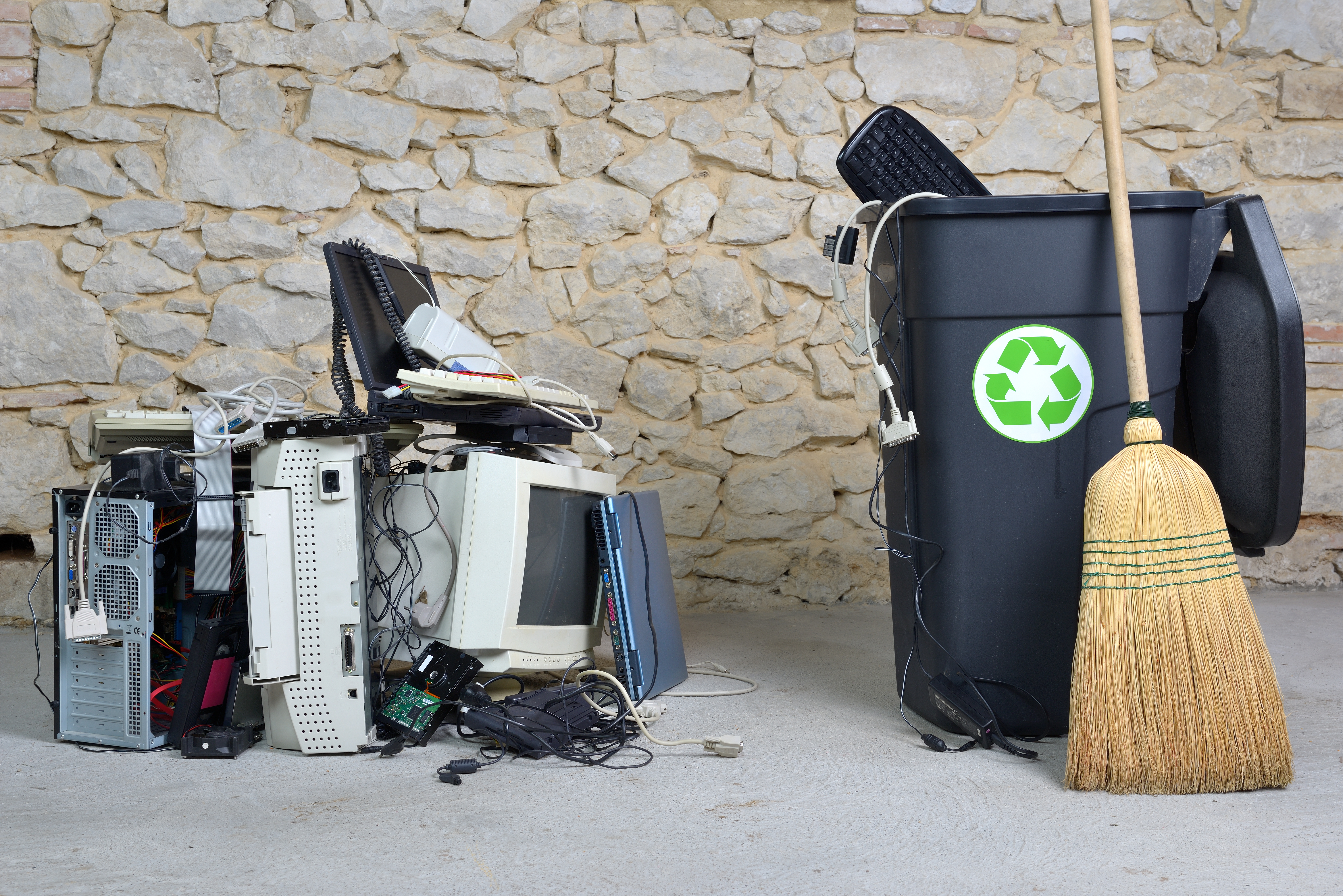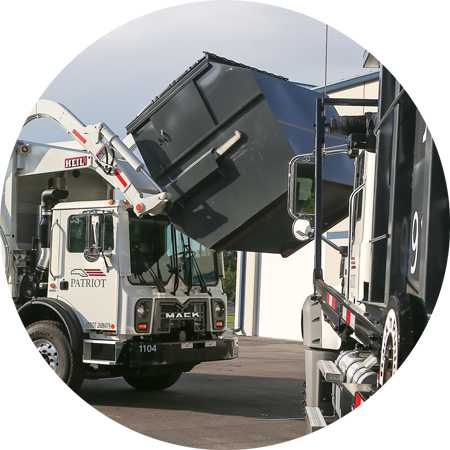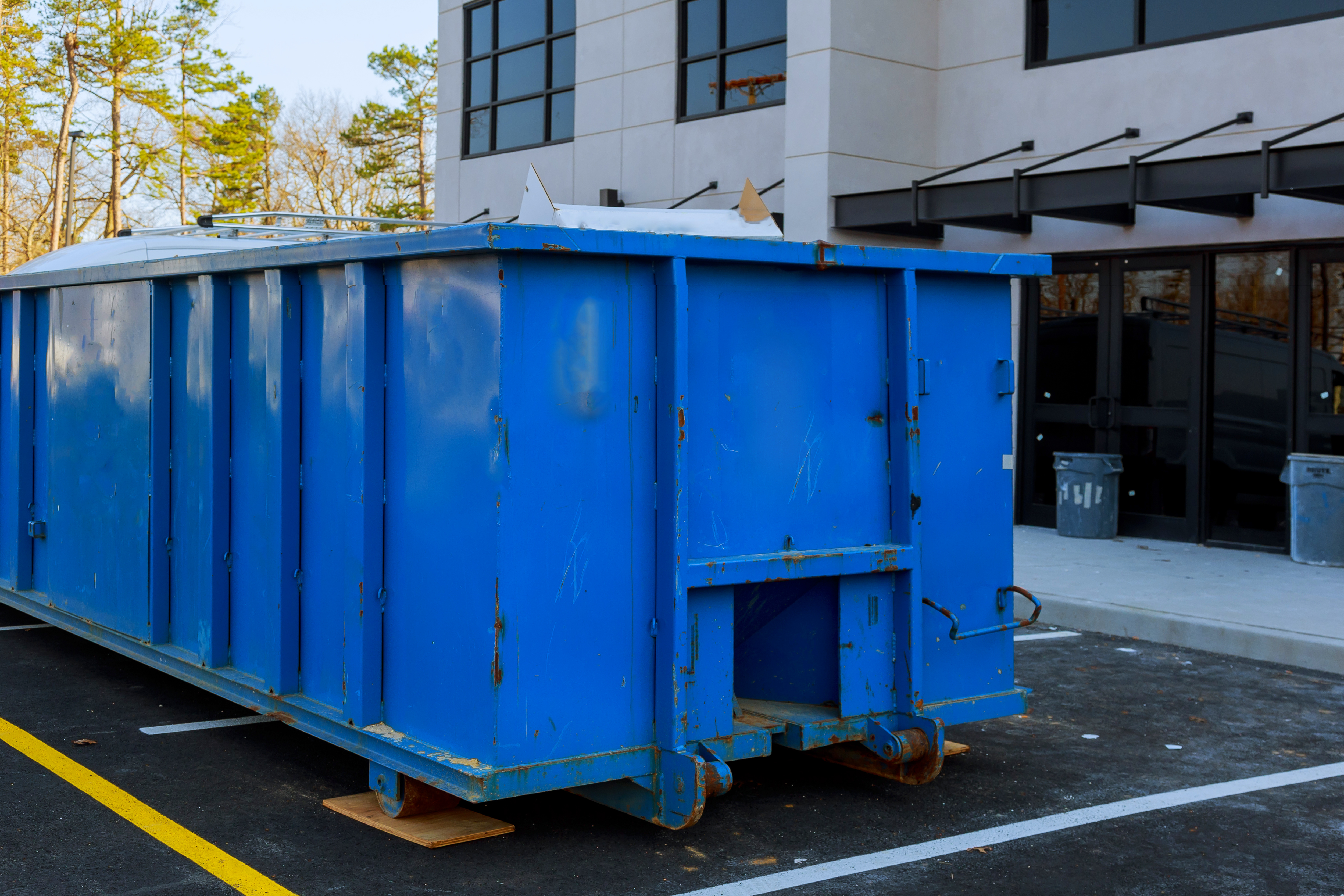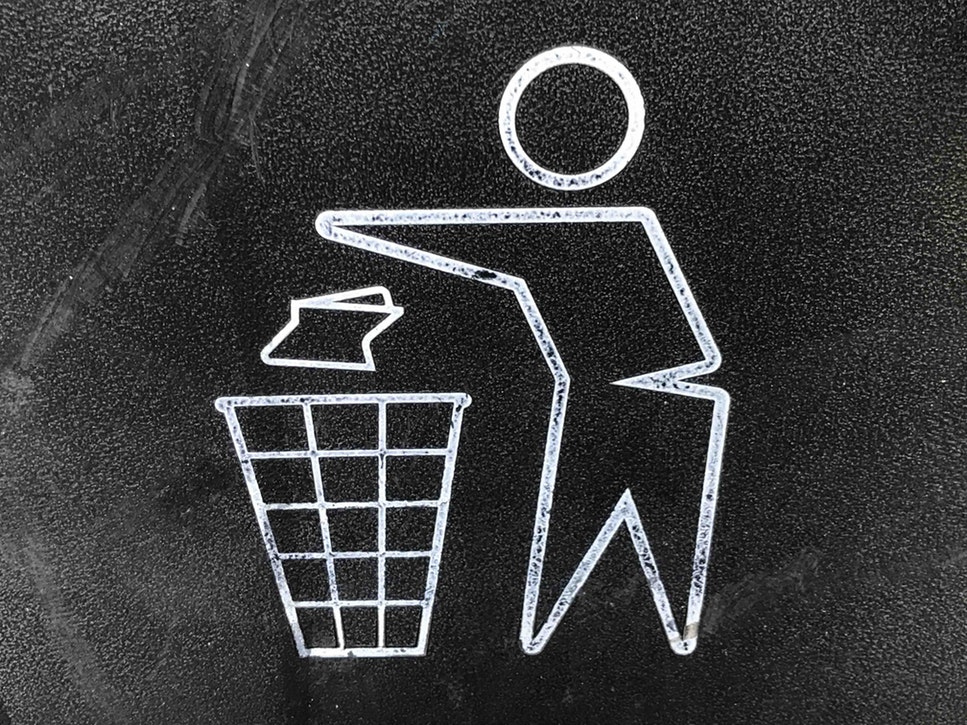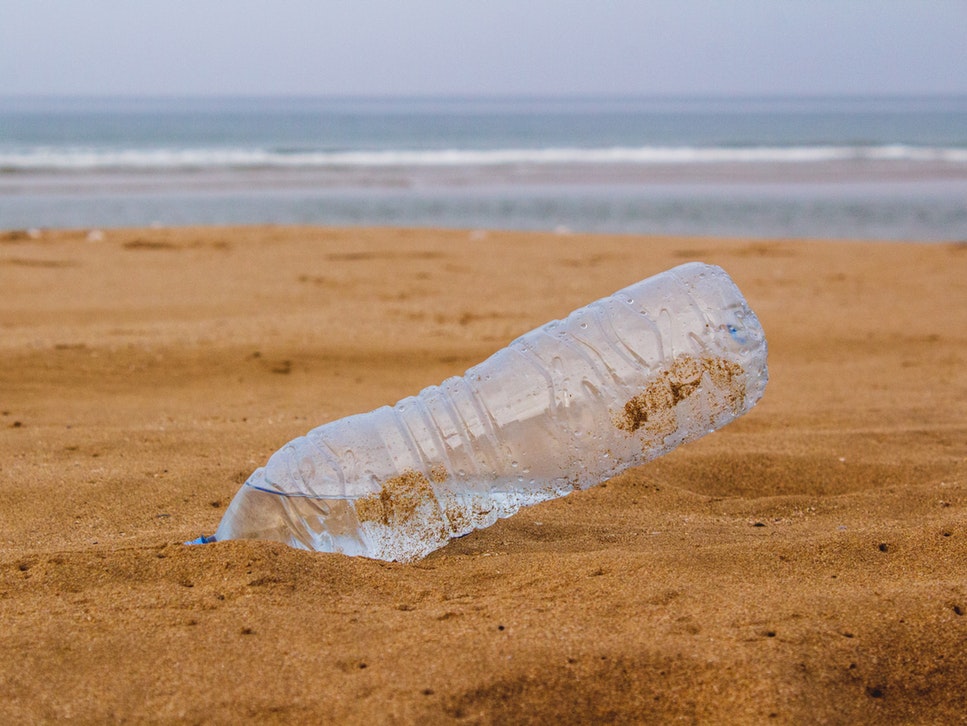In the not so distant past, there were no specific regulations with regard to the disposal of electronics. Individuals and companies alike simply loaded up their unwanted equipment and hauled it to the local dump where it lay dormant—but still hauntingly active. What...
Blog
Assessing Your Waste Management System
Is your facility getting ready to start a waste reduction program? Do you want to improve an already establish waste management system? For all businesses, a waste assessment is a valuable tool to understand your waste stream. The waste assessment should provide a...
Commercial Waste Management – An Important Responsibility
Business waste, or commercial waste, can range from regular office paper waste, to old equipment like copiers and computers, to hazardous waste that's an industry byproduct. No matter what your business is, it is your responsibility as a business owner to take care of...
Reducing Waste to Cut Costs
Businesses can cut costs by reducing waste. When a business reduces their waste, they can: save money on supplies conserve materials and energy reduce current waste disposal costs and guard against future disposal costs avoid adding to the current environmental...
Plastic and Oil Prices
We all know that low oil prices mean we pay less at the pump. But did you know the price of oil can affect your recycling? How is Plastic Made? Plastics are derived from the byproducts of petroleum refining and natural gas processing with materials such as cellulose,...



